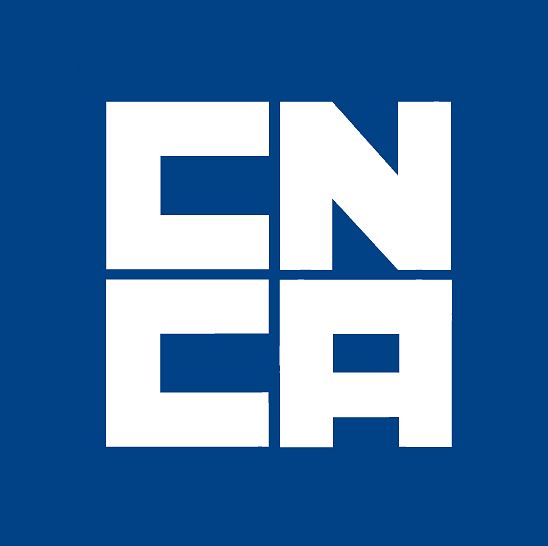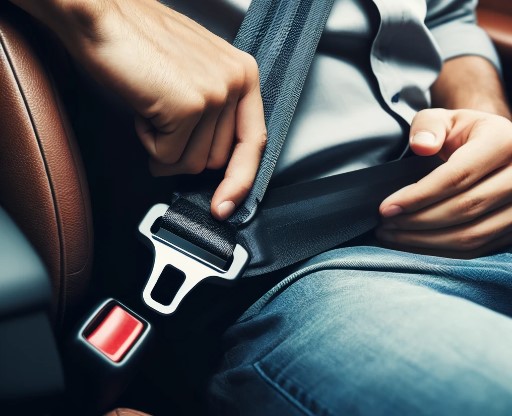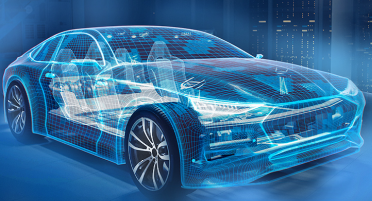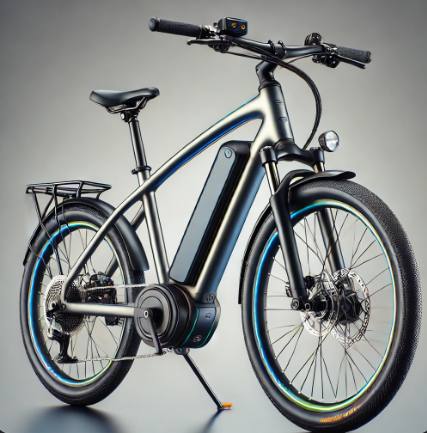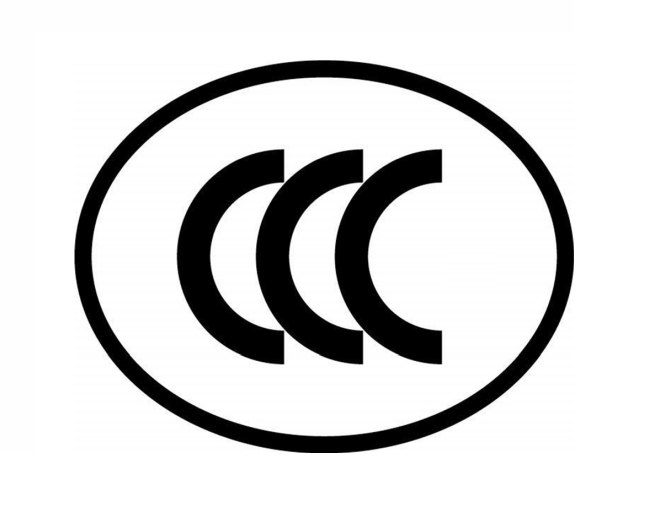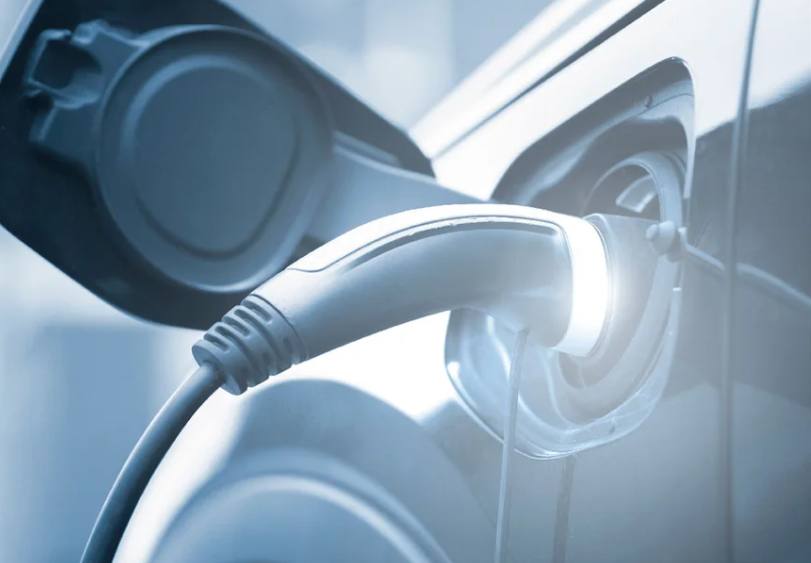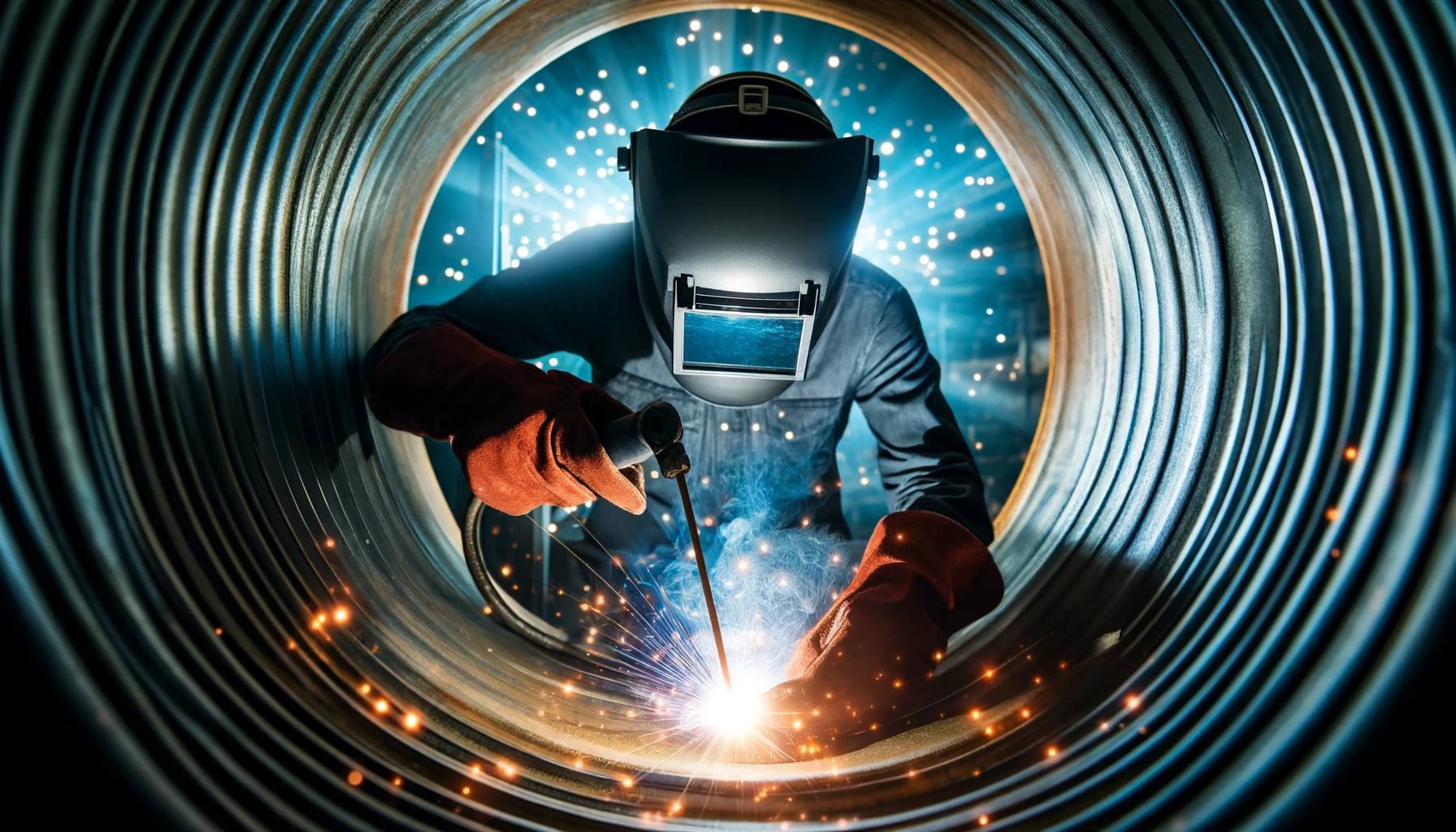Nawa Technologies develops innovative “Ultra-Fast Carbon Hybrid Batteries”
20. February 2018The novel development of the French technology group NAWA is a combination of carbon nanotubes, conventional ultracapacitors and Li-ion batteries. Lamborghini already uses these components in its V-12 Aventador model. The CEO of Nawa, Ulrik Grape, announced that with this technology, his company is producing exactly what the automotive industry needs right now – a fast-charging energy storage for hybrid cars. However, one disadvantage of the Ultra-Fast Carbon batteries, their storage capacity is only 10-20 percent of a Li-ion battery.
Ultra-Fast Carbon technology is more expensive than conventional batteries in terms of energy density, but mostly uses carbon for its production. This allows easier recycling and has a low impact on the environment unlike other storage technologies that use heavy metals and rare earths.
Constructed as a capacitor, NAWA’s hybrid batteries can be charged and discharged within seconds and have a lifetime of over a million charge cycles. In addition to the planned application in the automotive industry, the batteries can also be used in general industry, aerospace, power tools and small vehicles. The batteries could also play a key role in storing electricity in the so-called smart grids.
The company NAWA Technologies was created by a spin-off from parts of a French state Energy Authority in 2013. NAWA aims at premium car manufacturers from Europe with its hybrid batteries and would like to start serial production in 2022. Lamborghini is already interested in the great potential of these supercapacitors and works with the Massachusetts Institute of Technology (MIT) on a luxury sports car powered entirely by an electric motor. Lamborghini’s concept car “Terzo Millennio” (Third Millennium) launched by Lamborghini last week, uses supercapacitors and Lamborghini already uses low-voltage capacitors in its serial car V-12 Aventador.
Vehicles, including electric vehicles and hybrid vehicles, require CCC certification in China.
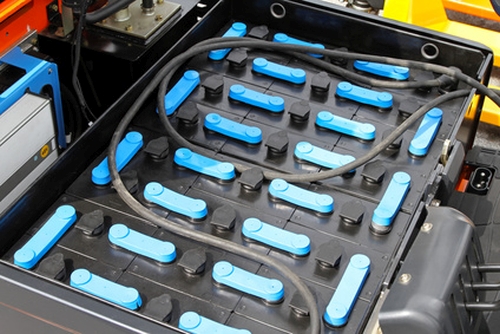
For more information on how CCC certification may affect your company, or for more information about CCC certification in general, the process and the associated costs, please visit our website and our News Section where you will find current updates twice a week.
Please do not hesitate to contact us for further details and consultation. You can contact us via Email, or call us (UK: +44 2071931135, Rest of Europe: +49 69 2713769150, US: +1 773 654-2673).
You can also check out our free CCC-Brochure, which can be downloaded right here as a PDF file, or you can consult our English textbook “A Brief Guide to CCC: China Compulsory Certification”, which can be found directly here on Amazon.




